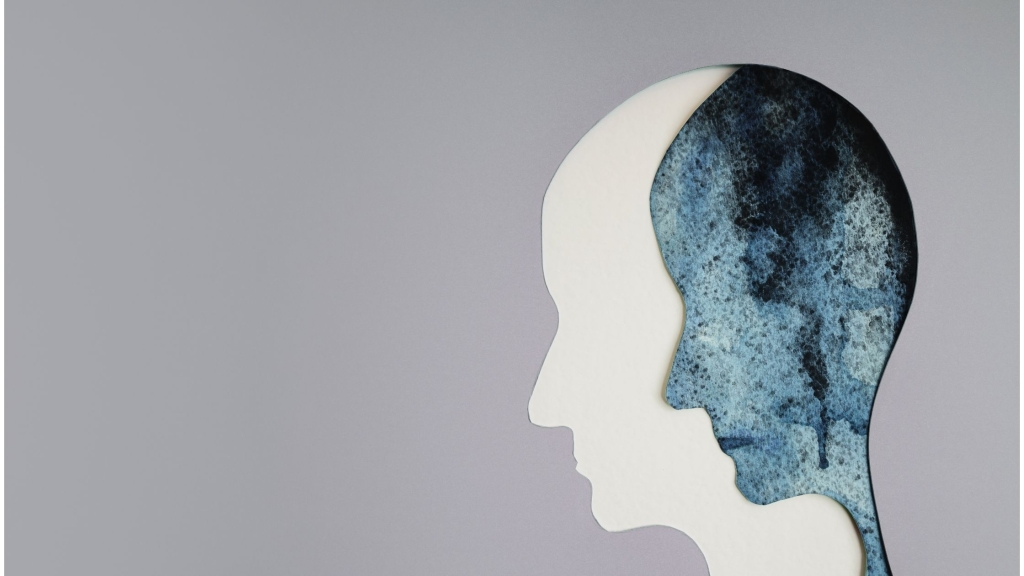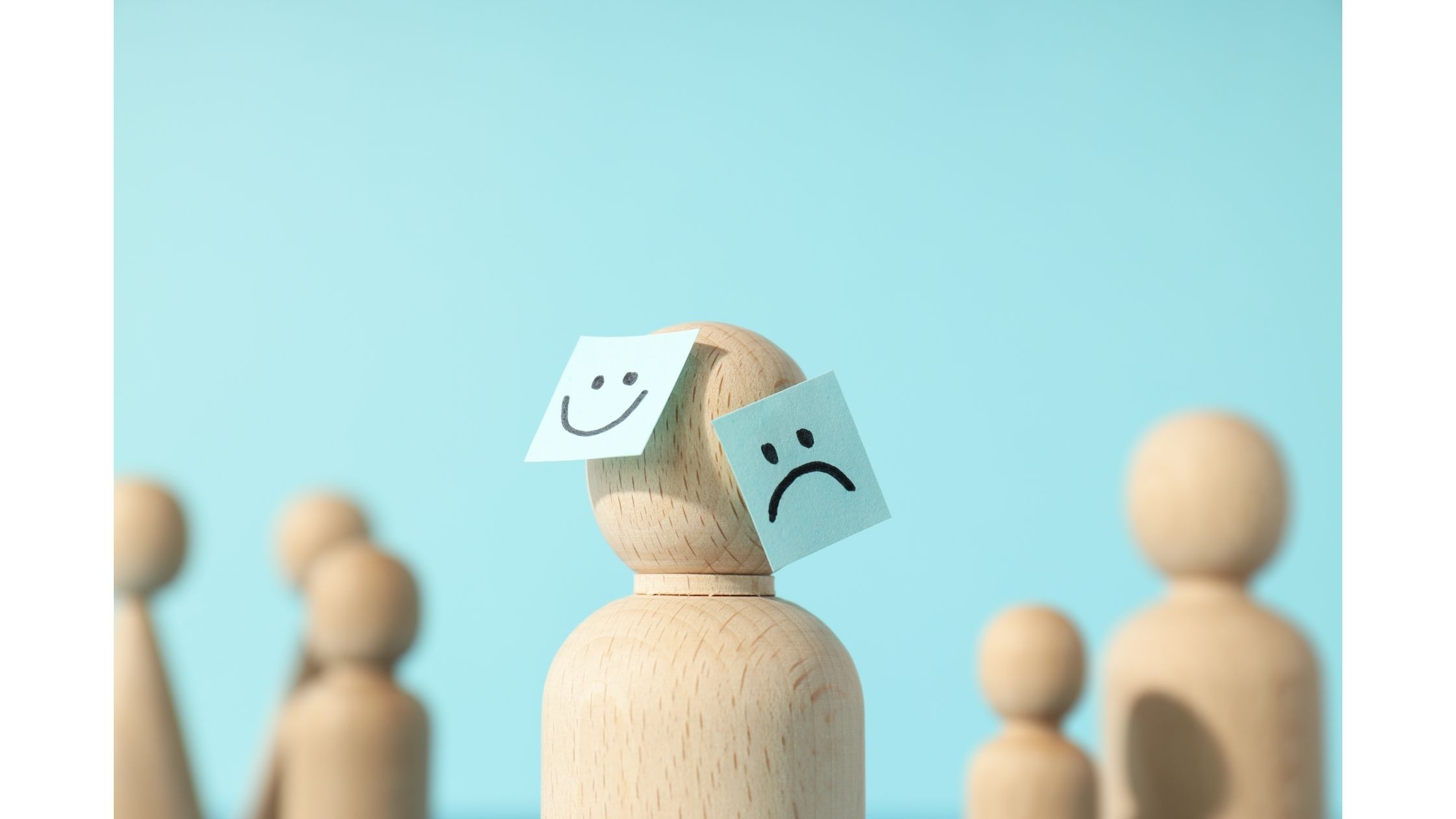The beginning of each day is a critical time period that determines the general course of the day. Getting a more productive start in the morning is key to staying energized and focused throughout the day. In this context, coping with challenging situations such as seasonal affective disorder can affect our daily quality of life. However, it is possible to start the day on a positive note with a set of simple but effective strategies.

Coping with Seasonal Affective Disorder:
Seasonal Affective Disorder (MDD) is a type of mood disorder that is usually caused by exposure to low sunlight during the winter months. This condition is also called winter depression. Seasonal Affective Disorder is characterized by a person experiencing depressive symptoms, usually in the fall or winter, and these symptoms usually resolving in the spring and summer.
Seasonal Affective Disorder symptoms may include:
- Depressive Mood: A persistent feeling of sadness, hopelessness, or worthlessness.
- Loss of Interest: Lack of pleasure from normally enjoyed activities.
- Energy Loss: Feeling of weakness and lack of energy.
- Sleep Problems: Insomnia or excessive sleeping.
- Weight Changes: Weight changes with increased or decreased appetite.
- Attention and Focus Problems: Difficulty focusing and decreased ability to make decisions.
- Social Isolation: Avoiding people and avoiding social activities.
Although the exact cause of Seasonal Affective Disorder is not fully understood, light exposure and regulation of our biological clock are thought to play a role. Treatment may include light therapy, cognitive behavioral therapy, medications, and lifestyle changes. If you feel these symptoms, especially during the winter months, it is important to see a healthcare professional.
- Importance of Natural Light:
- Sunlight helps our body produce vitamin D. Vitamin D may have a positive effect on mood.
- Sunlight can regulate sleep patterns and balance your biorhythm, which can help you be more energetic during the day.
- Social Connections and Relationships:
- Spending time with family members or friends in the morning can strengthen social connections and provide emotional support.
- Strong social bonds between people can be an important factor in coping with emotional problems such as seasonal affective disorder.
- Goal Setting and Planning:
- Setting goals and making a plan in the morning to make your day more productive can increase your motivation.
- By setting small, achievable goals, you can feel more satisfied throughout the day.
- Regulation of Technology Use:
- Avoiding using your phone or computer first thing in the morning can help you start your day in a calmer, more focused way.
- Limiting technology use can improve the process of falling asleep and support your overall mental health.
- The Role of Music and Art:
- Listening to music you enjoy or engaging in an artistic activity in the morning can increase your creativity and improve your mood.
- Colorful and positively energizing works of art can create a positive atmosphere around you.
- Aromatherapy and Essential Oils:
- Using certain essential oils in the morning can increase focus and support emotional balance.
- Essential oils such as lavender, peppermint or orange can promote relaxation and provide mental freshness.
In this article, where we discuss ways to start the day more productively and cope with seasonal affective disorder, we touched on the importance of various factors, from morning routines to natural light intake, from healthy nutrition to social connections. Each of them is a tool to strengthen our spiritual and physical health. It should not be forgotten that individuals are different and taking a personalized approach can be an important step in improving the quality of daily life. By adding small changes to our lives, we can achieve a more positive perspective and cope with challenges such as seasonal affective disorder.



